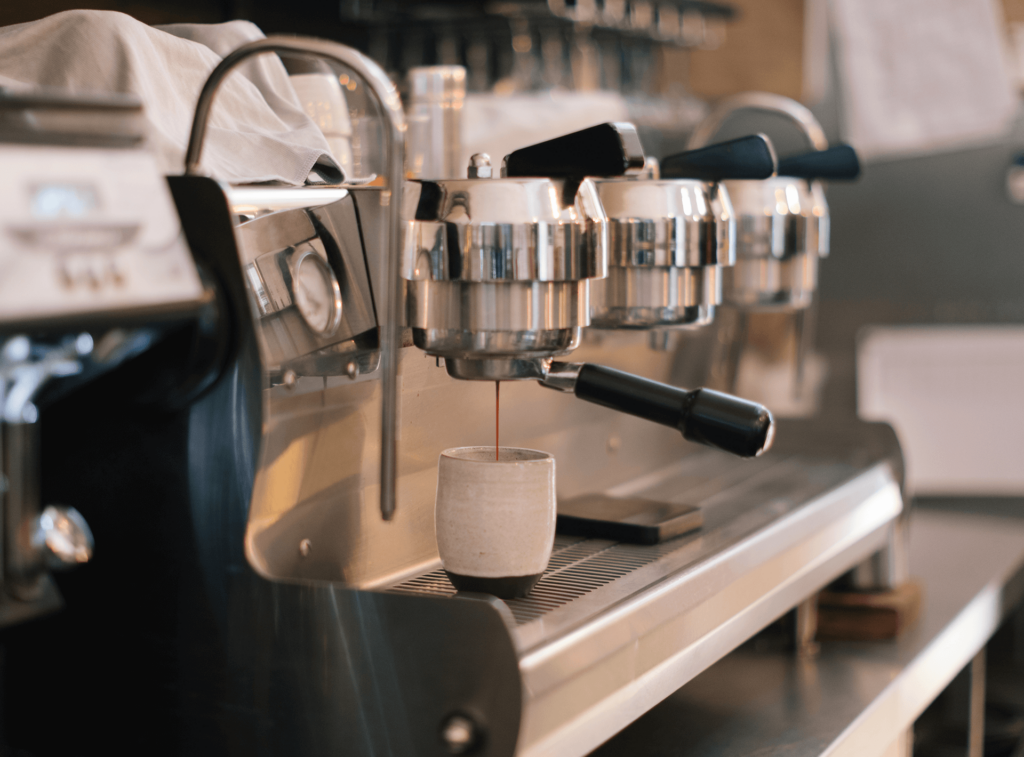For small hotels, efficient water management is crucial for reducing operational costs and building long-term sustainability. Water usage in smaller establishments, although less than in large hotels, still plays a significant role in overall operating expenses. Adopting efficient water practices not only cuts costs but also contributes to the environmental responsibility that modern guests expect.
For small hotels, water usage will vary depending on the size and facilities available. Like large hotels, small hotels consume water in various operations, with key areas being guest bathrooms, laundry services, and kitchens. However, small hotels generally have lower water demands due to fewer rooms and limited guest amenities, such as spas or swimming pools.In a typical small hotel, water usage is concentrated in:
Small hotels can greatly benefit from submitting regular meter readings to detect inefficiencies like leaks and overconsumption in any of these areas.
For small hotels, adopting sustainable water management practices is crucial both environmentally and financially. Simple fixes like low-flow showerheads, water-efficient toilets, and faucet aerators can significantly reduce water waste and lower operational costs.
These low-cost and simple to implement solutions help manage expenses without sacrificing guest comfort, while also conserving valuable local resources.
In addition to cost savings, investing in water efficiency enhances a small hotel’s marketability, especially as more travellers prioritis`e sustainability. Highlighting eco-friendly practices can attract guests who value responsible tourism, helping the hotel stand out in a competitive market and build loyalty among environmentally conscious travellers.

At Castle Water, we offer tailored water management solutions that help small hotels manage their water consumption and improve sustainability. Our services include:
By switching to Castle Water, your small hotel can streamline water management, reduce consumption, and contribute to a greener hospitality industry.
Compared to other types of hospitality establishments, hotels can vary with consumption levels. An average hotel can use around 1,500 litres per room per day. Smaller-scale hotels may use significantly less than this.
Yes, small hotels typically use less water than large hotels due to their size and limited guest amenities. However, water consumption can still be significant, especially in areas like guest bathrooms, kitchens, and laundry services.
Small hotels can reduce their water consumption by installing water efficient fixtures, regularly checking for leaks, using smart water meters, and implementing greywater recycling systems. Simple changes, such as encouraging guests to reuse towels and linens, can also make a big difference.
For most hotels, the majority of their water usage will consist of bathroom usage, doing laundry, and kitchen use.
Water usage can vary in hotels of a similar scale for a number of reasons. The overall climate can impact water usage, the facilities a hotel will offer, hotel capacity, and even the year of construction. Modern hotels will have been constructed with water conservation in mind in comparison to older buildings.
Yes, small hotels that produce significant amounts of wastewater, especially those with kitchens or laundries, may need to apply for trade effluent consent. Castle Water can guide you through this process to ensure compliance with local regulations.

No matter whether your hotel is large or small, contact Castle Water for expert assistance. Our customer service team is more than happy to help with any sector-specific queries you may have.
See how much your business could save. Get a free online quote for your business water and wastewater services. Simply enter your postcode to get started.